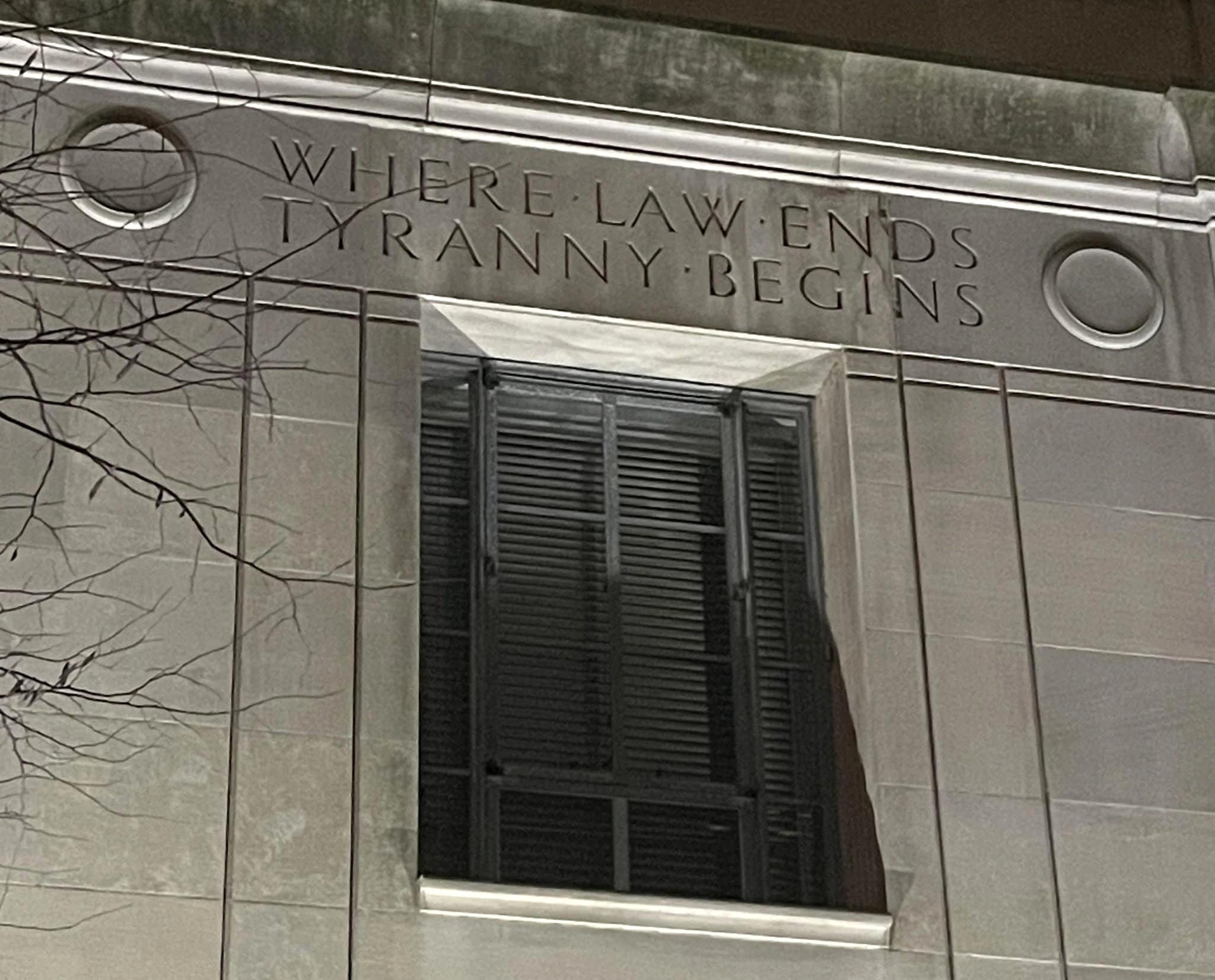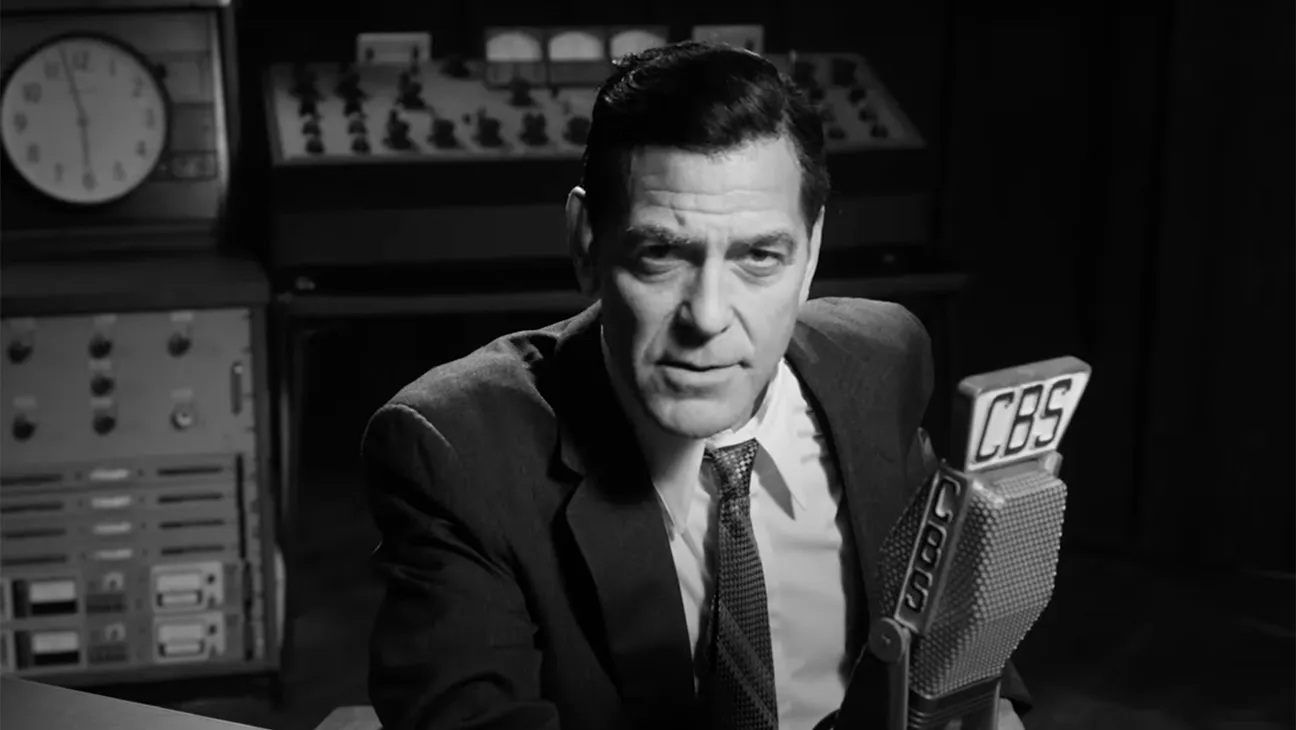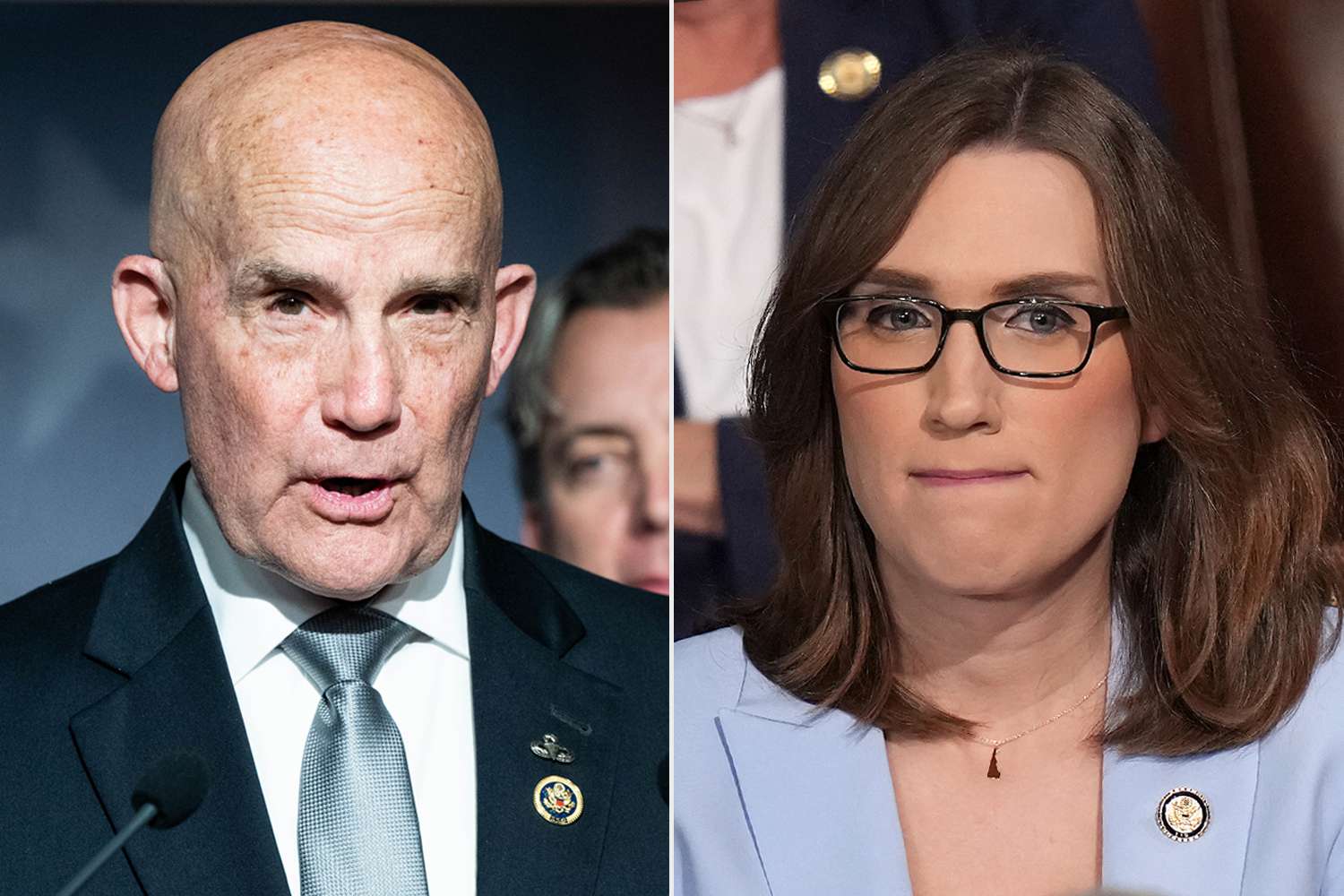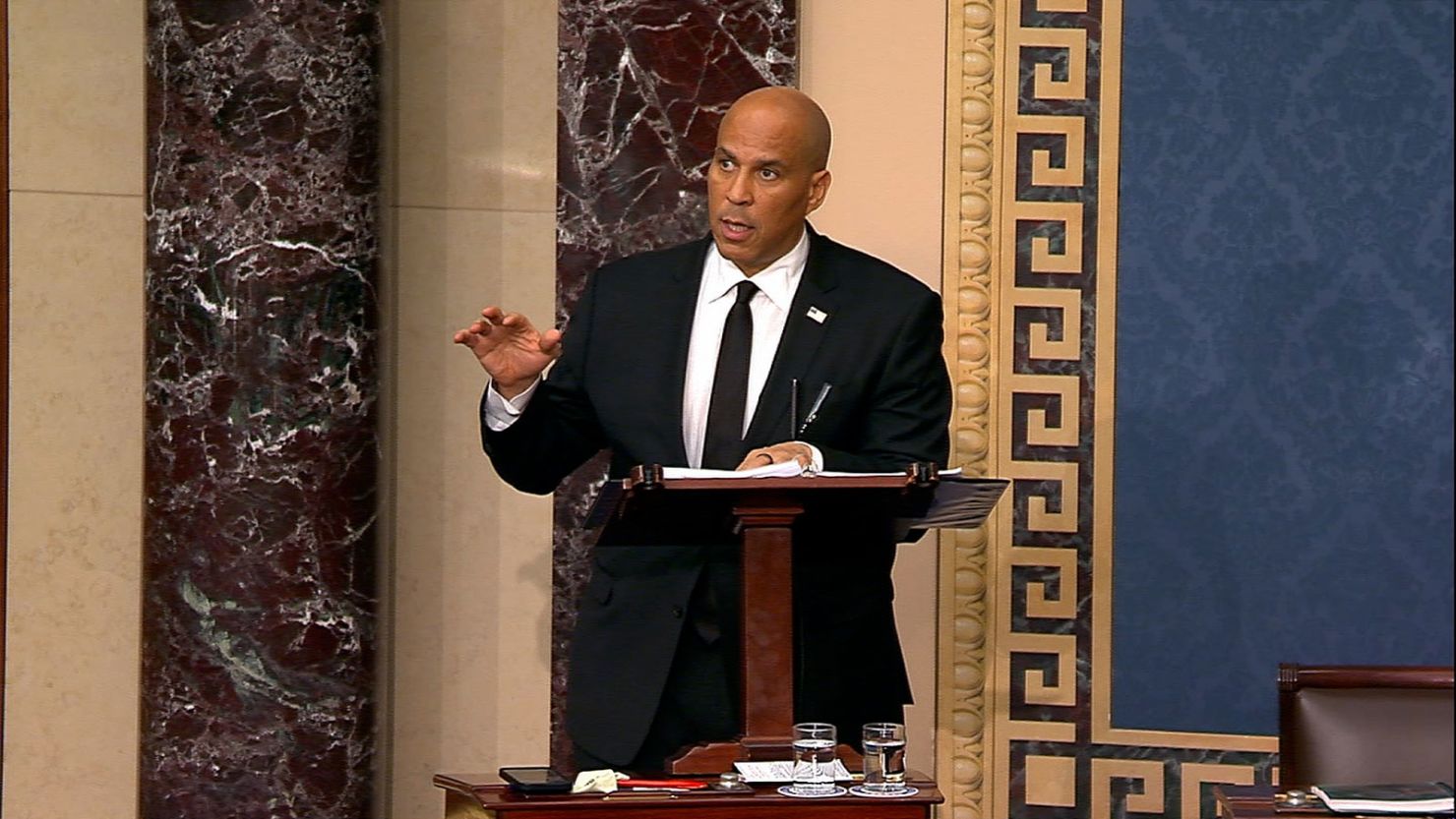“You’re Roland Burris. You used to be in the Senate. You used to be big.”
“I AM big. It’s the Senate that got small.”
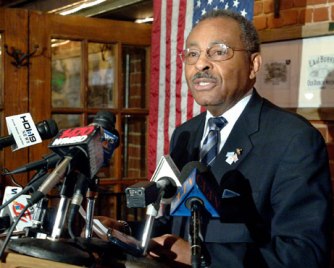
First, he’s in: Illinois Governor Rod Blagojevich, arrested on corruption charges stemming from trying to “sell” Barack Obama’s Senate seat, appoints Roland Burris.
Then, he’s out: Senate Democratic Leader Harry Reid says the Senate won’t seat anyone appointed by Blagojevich.
He’s in: After being turned away from the Senate chamber, Burris testifies before the Illinois House to clear-up questions on possible corruption regarding his appointment by Blagojevich. Burris returns to the open arms of Senate leaders and is sworn in.
Now, who knows: The Washington Post reports (Feb. 22) “Burris is accused of lying to an Illinois House committee when he testified that he hadn’t had contact with key Blagojevich staffers or offered anything in return for the seat.”
“Although Burris said in a Jan. 5 affidavit that he had not spoken with Blagojevich or any of his representatives about the Senate seat,” the Post wrote, “He said this week that he spoke with at least five Blagojevich associates and tried to raise money for the then-governor while Burris was seeking the Senate appointment.”
The whole Roland Burris fiasco plays like a bad movie pitch.
You have the “embattled governor” part, played to the hilt by John Travolta. Then there’s the “U.S. Attorney,” ably played by William H. Macy. And of course, the starring role of the “put-upon appointee” Roland Burris, played with great depth and emotion by Danny Glover. Add robust actor Brian Dennehy as replacement governor Pat Quinn and you might just get a “green light.”
Sadly, the consequences are all too real for everyone involved, not to mention the people of Illinois who are supposed to have two, fully-capable Senators without the slightest perception of distrust hanging over them.
Now, Republican Leader Mitch McConnell has asked the Senate ethics committee to look into the Burris matter and offer a recommendation as soon as possible. But a letter to the editor cuts to the chase more quickly: “He did not tell the truth and is a poor example to everyone he represents.”
Ethicist Michael Josephson reminds us that “Ethics is having the character and the courage to do the right thing, even when it costs more than we want to pay.” And when it comes to some public officials, individuals who are expected to act out of a higher sense of duty, we are left with yet another example of a politician thinking only of himself.
Pat Quinn called Burris a “wonderful human being,” and “dear friend,” but added that he should “act as quickly as possible for the best interests of Illinois. To step aside,” Quinn said, “would be a heroic act.”
We expect our heroes to be courageous, like Gary Cooper inHigh Noon. We expect them to be selfless, like Jimmy Stewart’s Mr. Smith. We expect them to demonstrate a high-level of integrity, like Gregory Peck in To Kill a Mockingbird.
Judging from his actions, it would seem that the part of the hero is a role too big for Roland Burris.
Comments


